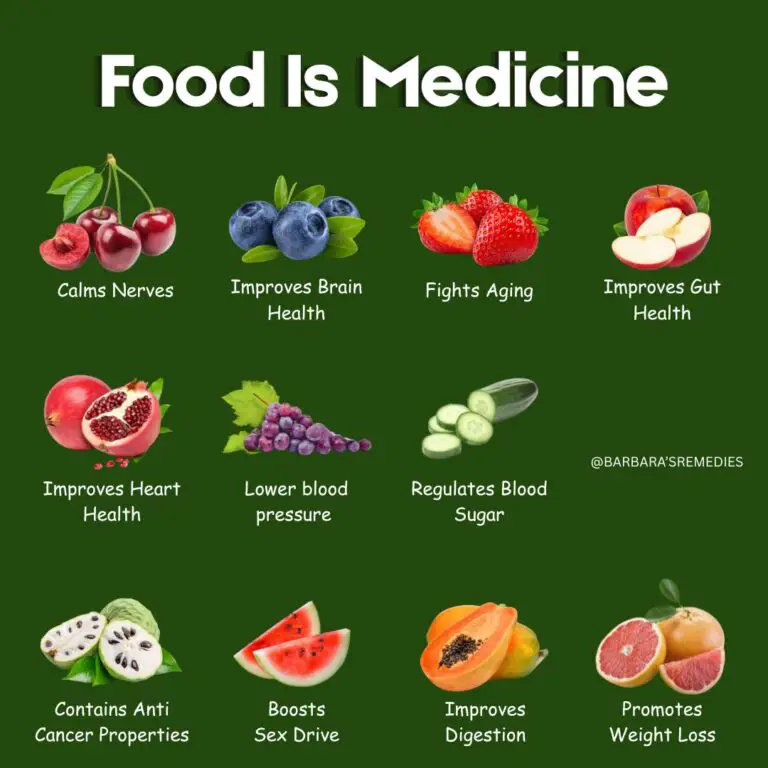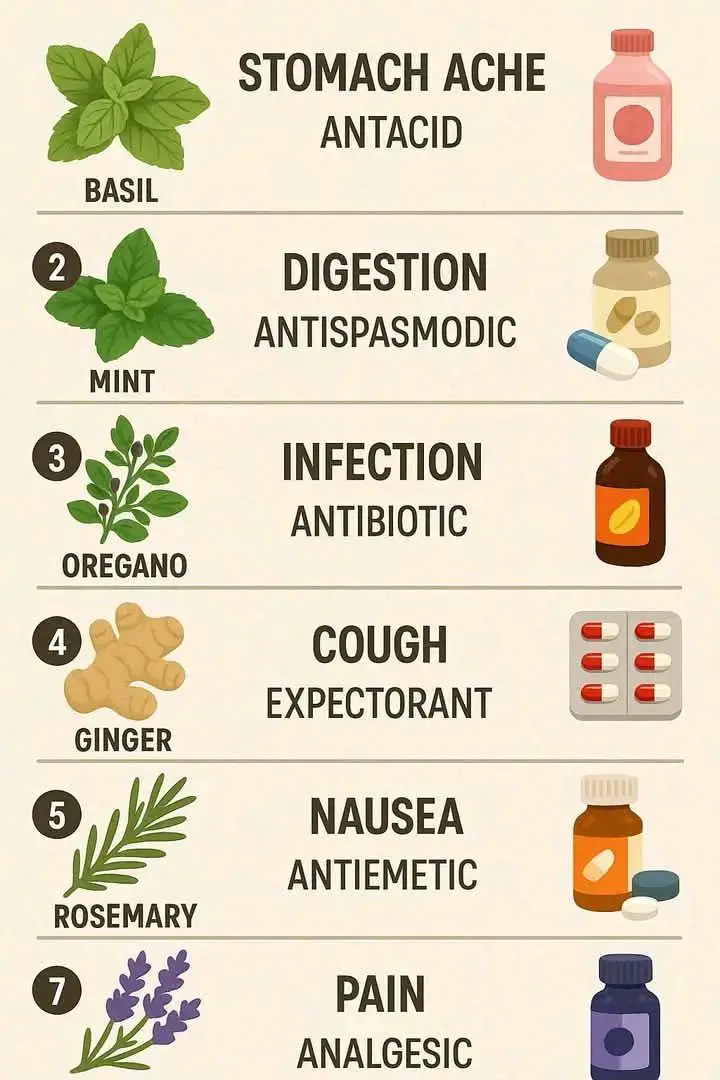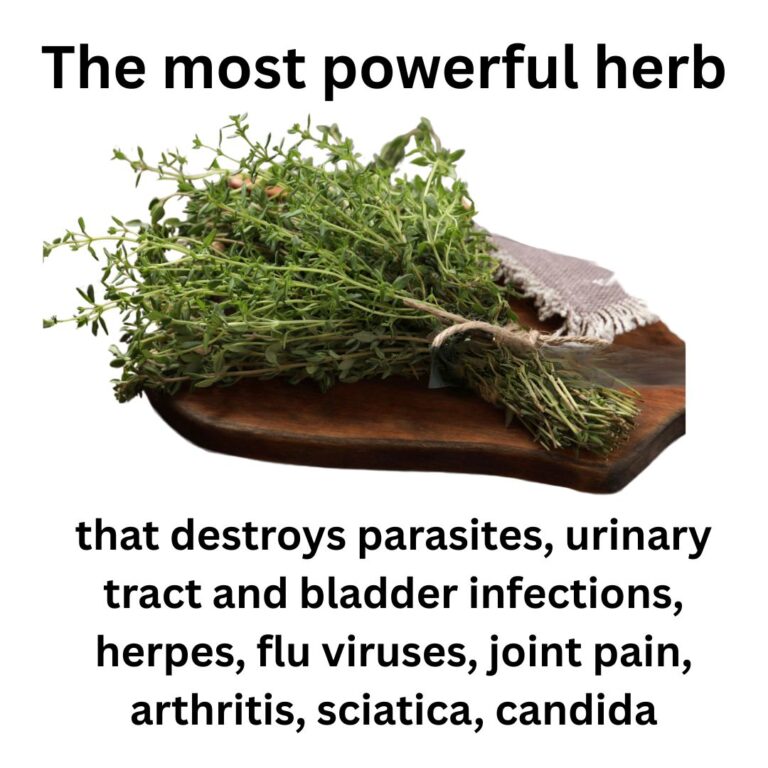12 Early Cancer Signs You Can’t Ignore – Your Body Is Trying to Tell You Something
Introduction
Cancer is a word that often evokes fear and uncertainty, yet early detection can dramatically improve outcomes and save lives. Our bodies have remarkable ways of signaling when something is wrong—subtle signs and symptoms that too often get overlooked or dismissed. Recognizing these early warning signs can make all the difference.
This article dives deep into the 12 early cancer signs you simply can’t ignore. By learning to listen to your body and understanding what these symptoms might mean, you empower yourself to seek timely medical advice and, if necessary, early treatment. From unexplained weight loss to unusual bleeding, we’ll cover the crucial signals, why they happen, and when you should consult a healthcare professional.
Knowing these signs isn’t about causing alarm but about awareness and proactive health. Your body is trying to tell you something important—let’s pay attention.
For more information on early detection, you might find the American Cancer Society’s Early Detection Tips helpful.
Why You’ll Want to Know These Early Cancer Signs
Cancer, if detected early, is often far more treatable than at later stages. Many forms of cancer have high survival rates when caught in time. Unfortunately, many people ignore mild or intermittent symptoms because they seem insignificant or are mistaken for less serious conditions.
Understanding the early warning signs helps you:
- Take action promptly to improve prognosis
- Avoid delays caused by misdiagnosis
- Promote regular health checkups and screenings
- Educate friends and family to recognize warning signs
Being informed can literally be life-saving. This knowledge gives you power over your health and well-being.
The 12 Early Cancer Signs You Should Never Ignore
1. Unexplained Weight Loss
Suddenly losing 10 pounds or more without trying is a common early sign of many cancers, especially pancreatic, stomach, esophageal, or lung cancer. Cancer cells consume a lot of energy, and tumors can disrupt normal metabolism, causing rapid weight loss.
Why it happens: The body may struggle to absorb nutrients or increase metabolic rate due to cancer. Weight loss coupled with fatigue or appetite changes should prompt a doctor visit.
2. Persistent Fatigue
While everyone feels tired occasionally, extreme fatigue that doesn’t improve with rest can signal cancer, such as leukemia or colon cancer. This type of fatigue often results from anemia caused by internal bleeding or the cancer’s effects on blood cell production.
When to worry: If fatigue is persistent, worsening, and interferes with daily life, get evaluated.
3. Unexplained Fever
Frequent or persistent fevers without infection can indicate cancers like lymphoma or leukemia. These cancers affect the immune system and can cause systemic symptoms like fever.
Important: A fever that doesn’t respond to usual treatment or accompanies other symptoms should be checked by a healthcare provider.
4. Changes in Skin
Look out for new moles, changes in existing moles, sores that don’t heal, yellowing of skin or eyes (jaundice), or darkening patches. Skin changes can be early signs of skin cancers or internal cancers affecting liver function.
For help identifying suspicious moles, refer to the Skin Cancer Foundation’s Guide to Early Detection.
5. Unusual Bleeding or Discharge
Blood in urine, stool, sputum, or unusual vaginal bleeding can be early signs of cancer affecting the bladder, colon, lungs, or reproductive organs. Any unexplained bleeding should be evaluated promptly.
6. Persistent Cough or Hoarseness
A cough lasting more than three weeks, especially if accompanied by blood, or persistent hoarseness may indicate lung cancer or cancers affecting the throat and vocal cords.
7. Changes in Bowel or Bladder Habits
Long-term constipation, diarrhea, or changes in stool size could signal colon cancer. Blood in urine or pain during urination might indicate bladder or prostate cancer.
8. Thickening or Lump in the Breast or Elsewhere
A lump or thickening in breast tissue or any other part of the body can be an early warning of cancer. It’s important to have any new lump checked without delay.
9. Difficulty Swallowing or Persistent Indigestion
Trouble swallowing or chronic indigestion can be signs of esophageal or stomach cancers. These symptoms should not be ignored if persistent.
10. Persistent Pain
Ongoing pain, particularly if unexplained or worsening, can sometimes be an early symptom of cancer affecting bones, nerves, or other organs.
11. Swollen Lymph Nodes
Lymph nodes that are enlarged for more than a few weeks, particularly in the neck, armpits, or groin, could be a sign of lymphoma or other cancers.
12. Unexplained Night Sweats
Heavy sweating at night that soaks clothes and bedding can be a symptom of blood cancers like lymphoma.
When to See a Doctor
If you notice any of these symptoms persistently or combined with others, schedule a healthcare appointment promptly. Early screening tests, blood work, imaging, and biopsies can determine the cause.
Remember, these signs can also result from less serious conditions, but it’s always best to err on the side of caution.
For more guidance on when to consult a physician, the Mayo Clinic’s Symptom Checker is a trusted resource.
Pro Tips for Monitoring Your Health
- Keep a symptom diary with dates, severity, and any triggers.
- Stay up-to-date with recommended cancer screenings based on your age and risk factors. For detailed advice, visit the National Cancer Institute’s Cancer Screening Overview.
- Communicate openly with your healthcare provider about any changes.
- Maintain a healthy lifestyle to reduce risk.
- Educate family members and encourage regular check-ups.
Supporting Your Health
Cancer detection goes beyond just watching for symptoms. Regular self-exams like breast or testicular exams, routine screenings like mammograms or colonoscopies, and adopting healthy habits—balanced diet, exercise, no smoking—play a vital role.
To further boost your immunity and overall wellness, explore our Nutrition and Cancer: Foods to Boost Immunity article for practical diet tips.
FAQs
Q1: Are these symptoms always cancer?
No, these symptoms can be caused by many conditions, but persistent or unexplained symptoms should always be checked.
Q2: How early can cancer symptoms appear?
Symptoms vary by cancer type; some cancers show signs very early, others not until later stages.
Q3: Can early cancer signs be painless?
Yes, many early cancers cause no pain, which is why vigilance is critical.
Q4: How often should I get screened?
Depends on age, gender, and risk; consult your doctor for a personalized schedule.
Q5: What if I have a family history of cancer?
You may need earlier or more frequent screenings and should discuss this with your healthcare provider.
Conclusion
Recognizing the 12 early cancer signs you can’t ignore is a powerful step toward proactive health management. These symptoms are your body’s way of sending urgent messages—paying attention can lead to early diagnosis and better outcomes. Stay informed, monitor your health carefully, and don’t hesitate to seek medical advice if something feels off.
Empower yourself and your loved ones by sharing this knowledge, and together, let’s take control of cancer through awareness and early action.
For more insights on related health topics, consider reading Understanding Different Types of Cancer and The Importance of Routine Health Screenings.







